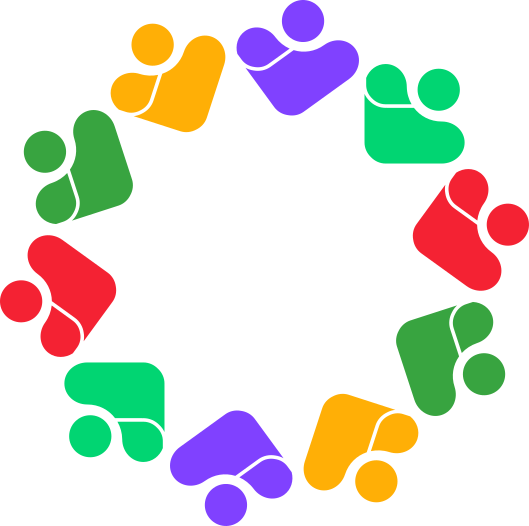Language comprehension is a critical skill that serves as the foundation for effective communication,
academic success, and social interaction. But what exactly is language comprehension, and why is it so
vital for your child’s development? In this blog, we’ll explore the importance of language
comprehension, how it influences various aspects of your child’s life, and practical strategies to
promote these skills at home.
Understanding Language Comprehension
Language comprehension refers to the ability to understand spoken or written language. It’s not just
about recognizing words or sentences but grasping their meaning in context. This skill is essential for:
- Effective Communication: Language comprehension allows children to follow conversations, respond appropriately, and express themselves clearly.
- Academic Achievement: A strong grasp of language is crucial for reading comprehension, problem-solving, and understanding complex instructions across all subjects.
- Social Interaction: Understanding language helps children interpret social cues, engage in meaningful conversations, and build relationships.
The Three Types of Language Comprehension
Language comprehension can be broken down into three main types:
- Literal Comprehension: Understanding the explicit meaning of words and sentences. This is the basic level of comprehension, where the child recognizes and understands the information directly presented.
- Inferential Comprehension: The ability to read between the lines. This involves making logical connections, understanding implied meanings, and drawing conclusions based on context.
- Evaluative Comprehension: This advanced level involves analyzing and critiquing the information. Children learn to assess the credibility of sources, recognize biases, and form their own opinions.
Promoting Language Comprehension at Home
Parents play a vital role in developing their child’s language comprehension skills. Here are some
effective strategies:
1. Read Together Daily
Reading with your child is one of the most powerful ways to enhance language comprehension.
Choose a variety of books and engage in discussions about the story, characters, and settings. Ask
open-ended questions to encourage deeper thinking and understanding.
2. Encourage Storytelling
Encourage your child to tell their own stories. This practice helps them organize their thoughts, use
new vocabulary, and understand narrative structure. You can start with simple prompts like “Tell me
about your day” or “What do you think happens next in this story?”
3. Play Word Games
Games like word puzzles, crosswords, and Scrabble are fun ways to expand vocabulary and improve
comprehension. These activities challenge children to think about word meanings and relationships.
4. Use Real-Life Context
Integrate language learning into everyday activities. Whether it’s following a recipe, describing a
location, or discussing a movie, these real-life contexts help children understand language in practical
ways.
5. Model Active Listening
Show your child the importance of listening attentively. When you talk with them, demonstrate how
to listen carefully, ask questions, and clarify meaning. This not only improves their listening skills but
also teaches them to engage thoughtfully in conversations.
Linking Language Comprehension to Academic Success
Language comprehension is directly tied to academic success. In subjects like math, science, and social
studies, understanding complex instructions and problem statements is crucial. By fostering strong
language comprehension skills, you’re equipping your child with the tools they need to excel in all
areas of learning.
For more resources and expert guidance on supporting your child’s language development, visit Open Minds Campus.
People Also Ask
What are the three types of language comprehension?
The three types of language comprehension are literal comprehension, inferential comprehension,
and evaluative comprehension.
How do you teach language comprehension?
Language comprehension can be taught through daily reading, storytelling, word games, using real-life
contexts, and modelling active listening.
What is comprehension of language?
Comprehension of language is the ability to understand spoken or written language, including
recognizing words, understanding meanings, and interpreting context.
What is basic language comprehension?
Basic language comprehension involves understanding the explicit meaning of words and sentences,
which is the foundation for more advanced comprehension skills.



